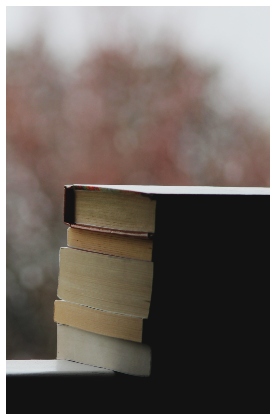

Fareed Zakaria is host of CNN’s flagship international affairs program — Fareed Zakaria GPS — a Washington Post columnist, a contributing editor to The Atlantic and a New York Times bestselling author. He was described in 1999 by Esquire Magazine as “the most influential foreign policy adviser of his generation.” In 2010, Foreign Policy named him one of the top 100 global thinkers.
Since 2008, he has hosted Fareed Zakaria GPS, which airs Sundays worldwide on CNN. Dr. Zakaria’s in-depth interviews with the Dalai Lama, heads of state including Barack Obama, Narendra Modi, King Abdullah II, Dmitry Medvedev, Moammar Gadhafi and Lula da Silva, and countless other intellectuals, business leaders, politicians and journalists have been broadcast in more than 200 million homes around the world. Within its first year, GPS garnered an Emmy nomination for an interview with Premier Wen Jaibao.
About In Defense of a Liberal Education
“I get it,” writes Fareed Zakaria, recalling the atmosphere in India where he grew up, which was even more obsessed with getting a skills-based education. However, the CNN host and best-selling author explains why this widely held view is mistaken and shortsighted.
Zakaria eloquently expounds on the virtues of a liberal arts education how to write clearly, how to express yourself convincingly, and how to think analytically. He turns our leaders’ vocational argument on its head. American routine manufacturing jobs continue to get automated or outsourced, and specific vocational knowledge is often outdated within a few years. Engineering is a great profession, but key value-added skills you will also need are creativity, lateral thinking, design, communication, storytelling, and, more than anything, the ability to continually learn and enjoy learning precisely the gifts of a liberal education.
Zakaria argues that technology is transforming education, opening up access to the best courses and classes in a vast variety of subjects for millions around the world. We are at the dawn of the greatest expansion of the idea of a liberal education in human history.



